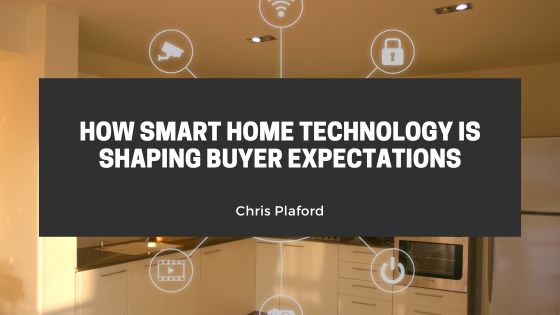The Rise of Smart Home Integration
In recent years, smart home technology has moved from being a luxury feature to a mainstream expectation among homebuyers. Devices like smart thermostats, lighting systems, security cameras, and voice-activated assistants are now common selling points in real estate listings. This shift is fueled by growing consumer comfort with technology, a desire for convenience, and the ability to manage home systems remotely through smartphones or tablets. Buyers are no longer just looking for a house; they are seeking a connected living experience that aligns with their lifestyle and digital habits.
Convenience and Control as Key Drivers
One of the most appealing aspects of smart home technology is the level of control it provides. Features like programmable thermostats and automated lighting allow homeowners to customize their environment effortlessly. For instance, a buyer may be drawn to a property where they can adjust room temperatures, monitor security footage, or unlock doors from anywhere in the world. This added layer of convenience resonates strongly with tech-savvy buyers, particularly younger generations who expect seamless integration between their devices and daily life.
Energy Efficiency and Sustainability
Environmental concerns are also influencing buyer expectations. Smart home systems often come with energy monitoring capabilities, allowing residents to track and reduce their consumption. Smart thermostats, for example, learn a household’s habits and adjust heating and cooling patterns accordingly, leading to lower energy bills and a smaller carbon footprint. For eco-conscious buyers, the presence of these systems can be a major deciding factor when choosing between similar properties. Sellers who invest in such upgrades not only appeal to this growing demographic but also position their homes as forward-thinking and cost-effective.
Security and Peace of Mind
Home security is another area where smart technology is shaping expectations. Buyers appreciate the reassurance that comes from real-time alerts, motion detection, and remote access to surveillance systems. Features like smart doorbells with video capabilities or automated locking systems provide both convenience and safety. In competitive markets, homes equipped with comprehensive smart security packages can stand out, offering a sense of modernity and protection that resonates with today’s buyers.
Impact on Real Estate Value and Marketing
The inclusion of smart home technology can influence property value and marketing appeal. Real estate agents are increasingly highlighting these features in listings, knowing they can be a decisive factor for prospective buyers. In some cases, homes with integrated smart systems may command higher prices or sell faster compared to similar properties without them. As the market continues to embrace digital innovation, smart features are becoming less of a bonus and more of a baseline expectation.
The Future of Buyer Expectations
Looking ahead, the integration of smart home technology is likely to deepen. As artificial intelligence, machine learning, and the Internet of Things continue to evolve, buyers will expect even more intuitive and predictive systems in their homes. For sellers and developers, staying ahead of these trends is not just about keeping up with technology- it is about meeting the evolving needs of the modern homeowner. In an increasingly connected world, the smart home is quickly becoming the standard, and those who adapt will remain competitive in a changing market.
